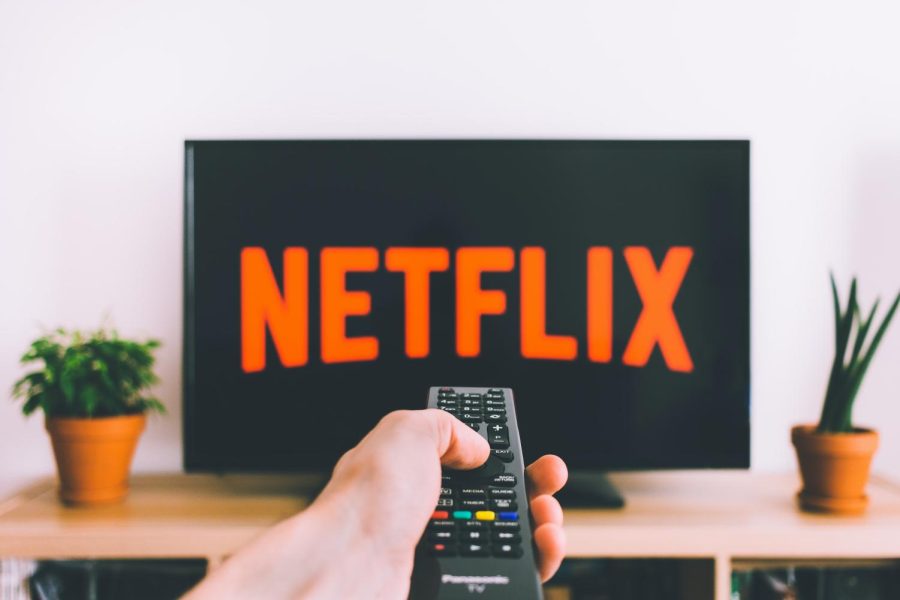Audiences possess varying preferences for content releases, viewing
Netflix is one of the most commonly used streaming services for binge watching content, and first started following the binge release model in 2013.
Having patience can be a struggle for many. After long days at school or work, people tend to kick back and relax. One of the main ways people do that is by watching something they enjoy, such as television shows.
With the number of streaming platforms today, content consumers have developed habits and preferences regarding how they like to consume media. Two methods of doing this are either sitting down and binge-watching episodes of a show in rapid succession or enjoying weekly content releases at fixed times on specific days.
Until recently, binge-watching has not been common. In fact, Netflix’s first original series, “House of Cards,” was one of the first series to follow the binge release model when its first season was released at once in 2013. The hit Netflix series “Orange Is the New Black” also became open for binging in 2013. According to Vulture, Netflix feels its approach to streaming is best because it prioritizes customers and satisfies younger audiences.
“I prefer binge-watching shows because I think it’s a lot more entertaining,” senior Emma Kopac said.
Binge-watching provides viewers with the opportunity to watch whatever they want, whenever they want. After a long wait for the next season of a show, viewers are able to enjoy watching every episode as quickly or as slowly as they would like because they have earned that freedom after waiting so long.
However, this can be both good and bad with shows like “Stranger Things,” where viewers wait over a year for the new season and are either relieved to finally binge it or annoyed that they finished binging it in a matter of days. Vulture said some feel that handing out a full season in one day shortens a show’s pop-culture half-life and makes it feel disposable when audiences quickly move on from it. With shows like “Outer Banks,” audiences become fascinated and hyper fixated with the characters and aesthetic of the episodes while they watch them, but the hype soon dies down until the next season is released.
On the other hand, HBO’s “Euphoria” is one show that has benefited greatly from the weekly release model. This is because having space between each episode gives people more time to overanalyze, criticize and discuss aspects of the show. Season two of “Euphoria” is currently being released every Sunday night, which has created lots of online buzz, with fans theorizing and sharing their opinions on TikTok and other social media platforms.
“I think waiting for weekly releases is better in terms of hype and conversation because the way that ‘Euphoria’ has been releasing new episodes, it’s been talked about a lot more than any other show lately,” senior Madison Rhoades said.
While periodic releases give audiences time to process the events of each episode, many argue that the extra time between each installment causes them to forget major plot points. So, some enjoy binge-watching because it helps prevent them from forgetting important or emotional scenes and preserves the intensity and impact behind the hard-hitting scenes or cliffhangers they just watched.
Others take a third route and hold off watching something as it gets released weekly so they can let loose and binge it all at once when it is released. Contrarily, some prefer waiting for weekly installments because they dislike binge-watching and it forces them to show restraint in order to get the full overall experience of a show.
“I feel as if waiting for weekly releases is so much more exciting and suspenseful than binge-watching it. It may seem annoying at first not being able to watch the episodes when you want, but in the end, it’s definitely worth it,” senior Skylar DeThomas said.
In the end, everyone has their preferences with activities like watching television. Ultimately, television is meant to entertain audiences, and it certainly accomplishes that goal no matter what way shows are released and viewed.



